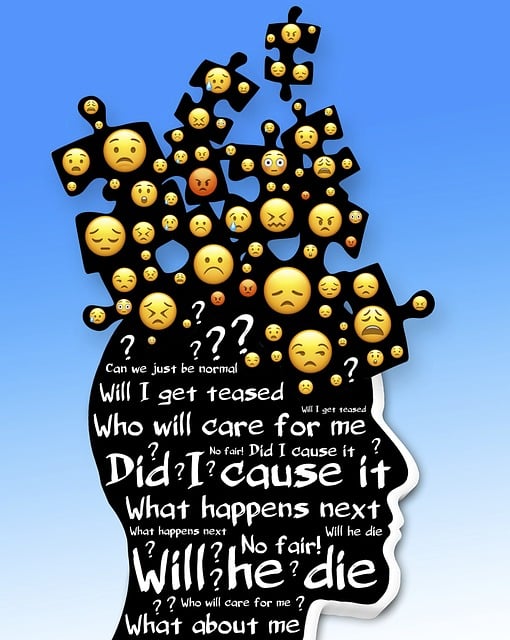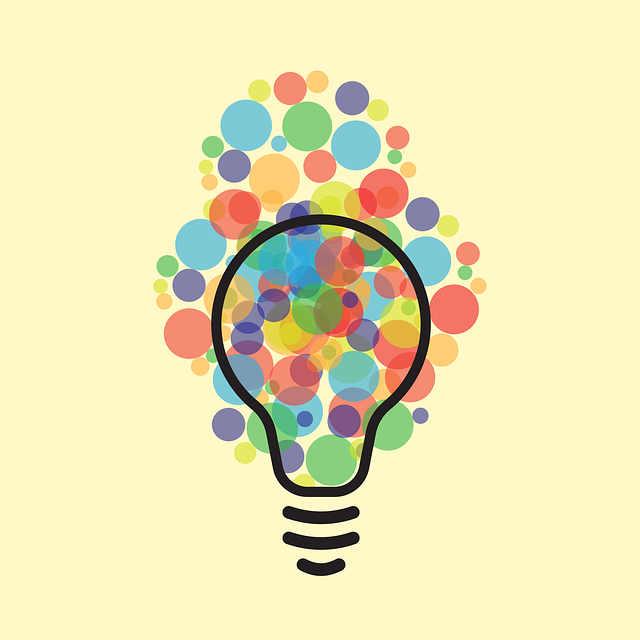Parker Anger Management Therapy can significantly expand its reach by leveraging digital marketing strategies tailored to its target audience's needs. By addressing stress reduction, conflict resolution, and broader mental health trends, such as burnout prevention and stigma reduction, the therapy service can attract users seeking anger management tools. Utilizing content marketing, social media engagement, strategic advertising, and collaborations with influencers, the app normalizes emotional well-being discussions through relatable narratives and expert insights. Measuring success using KPIs helps refine features and marketing, enhancing user satisfaction, retention, and effective mental health addressing while reducing stigma.
Mental wellness apps are gaining traction, and a robust marketing strategy is key to success. This guide explores a comprehensive approach for promoting apps like Parker Anger Management Therapy. By understanding your target audience—those seeking anger management solutions—you can craft tailored content strategies and unlock the potential of digital marketing. Learn how to measure engagement and iterate based on data-driven insights, ensuring your app reaches its intended users effectively.
- Understanding Target Audience for Mental Wellness Apps
- Unlocking the Power of Digital Marketing for Parker Anger Management Therapy
- Crafting Compelling Content Strategies for Engagement
- Measuring Success and Iterating with Data-Driven Decisions
Understanding Target Audience for Mental Wellness Apps

Understanding your target audience is a cornerstone when developing marketing strategies for mental wellness apps. For instance, consider users like Parker Anger Management Therapy clients—individuals seeking tools to manage anger and improve their emotional well-being. Marketing efforts should resonate with their specific needs and challenges, such as offering techniques for stress reduction and conflict resolution.
Targeting this audience also involves addressing broader trends, like burnout prevention strategies for healthcare providers and stigma reduction efforts around mental illness. By appealing to both personal growth goals and societal changes, marketing campaigns can effectively reach those interested in enhancing their mental health through digital interventions, including apps focused on social skills training.
Unlocking the Power of Digital Marketing for Parker Anger Management Therapy

In today’s digital era, Parker Anger Management Therapy can unlock immense potential by leveraging the power of online marketing strategies. By developing a robust digital presence, the therapy service can attract and engage individuals seeking effective solutions for anger management and related issues like anxiety relief. Implementing targeted content marketing, including blog posts, videos, and infographics that highlight the benefits of their programs, can significantly enhance brand visibility.
Social media platforms offer an excellent opportunity to connect with a broader audience. Utilizing these channels for social skills training promotions, sharing success stories, and providing tips on self-care practices can foster community engagement. Through strategic advertising campaigns, Parker Anger Management Therapy can reach high-risk groups and individuals struggling with anger-related issues, offering them accessible and affordable solutions. This digital approach ensures that valuable services like anger management therapy become more visible and accessible to those who need it most.
Crafting Compelling Content Strategies for Engagement

Creating compelling content is key to engaging users and establishing a strong brand presence for mental wellness apps like Parker Anger Management Therapy. Incorporating user-centric narratives, personal stories, and expert insights can help normalize conversations around emotional well-being. Share actionable tips on mood management and coping skills development tailored to different life stages and situations, making complex concepts accessible and relatable.
Leverage interactive content formats such as blogs, videos, and podcasts to diversify engagement. Collaborate with influencers or industry experts to co-create content that amplifies the app’s message while reaching new audiences. Consistently delivering valuable information on emotional well-being promotion techniques through these channels fosters trust and positions the app as a reliable companion on users’ journeys towards mental wellness.
Measuring Success and Iterating with Data-Driven Decisions

Measuring success is a critical component of any marketing strategy, and this is especially true for mental wellness apps. By tracking key performance indicators (KPIs) such as user engagement, retention rates, and app store ratings, developers can gain valuable insights into what resonates with their target audience. For instance, the effectiveness of Parker Anger Management Therapy’s marketing campaigns can be assessed by monitoring downloads and active users over time. Data-driven decisions are essential here; analyzing trends and patterns allows for continuous improvement and refinement of the app’s features and marketing messages.
Iterative development ensures that the app remains relevant and appealing to its users. For healthcare providers dealing with burnout, apps like those focused on Stress Management and Burnout Prevention Strategies can benefit from regular updates based on user feedback and data analytics. Additionally, addressing Mental Illness Stigma Reduction Efforts through engaging content and community features could significantly enhance user satisfaction and retention. This iterative approach leverages data to create a more tailored and effective mental wellness experience for all users.
In developing a marketing strategy for mental wellness apps, such as Parker Anger Management Therapy, understanding your target audience is key. By creating compelling content and leveraging digital marketing techniques, you can effectively engage users. Measuring success through data-driven decisions allows for continuous improvement. This iterative process ensures that the app remains relevant and beneficial to its users, ultimately contributing to improved mental wellness outcomes.














